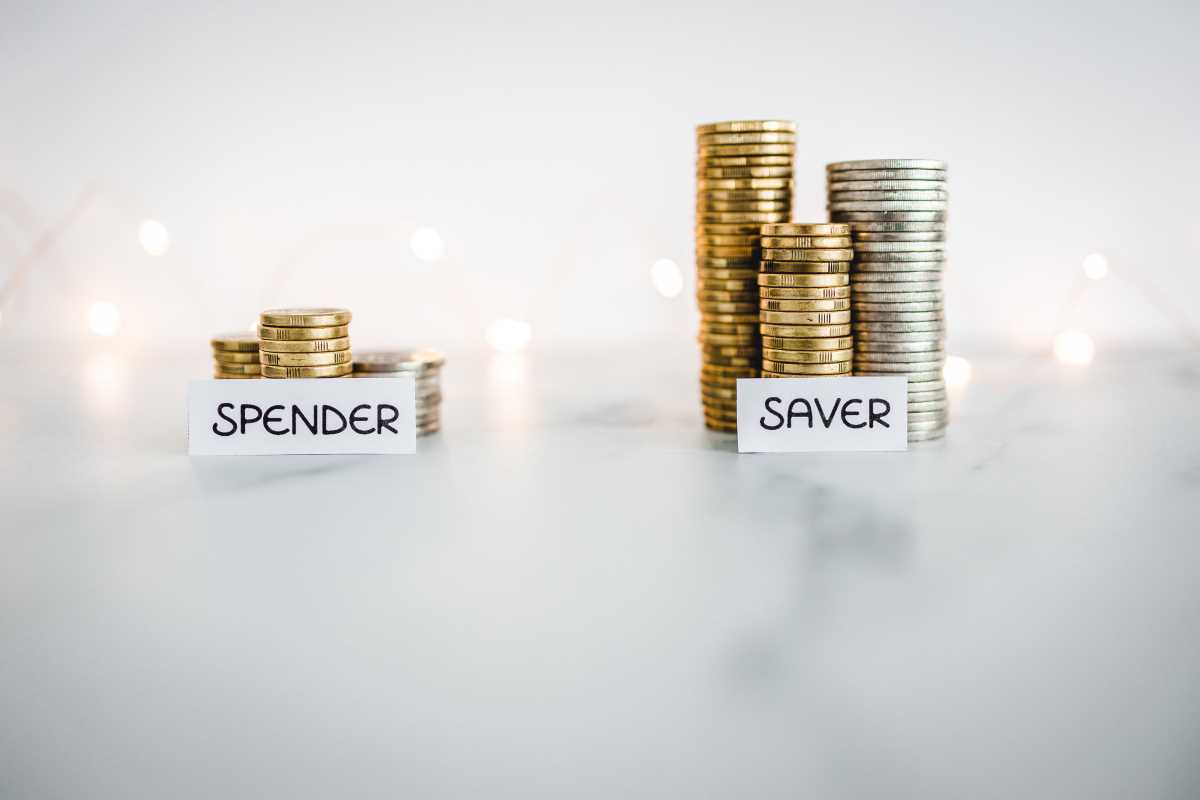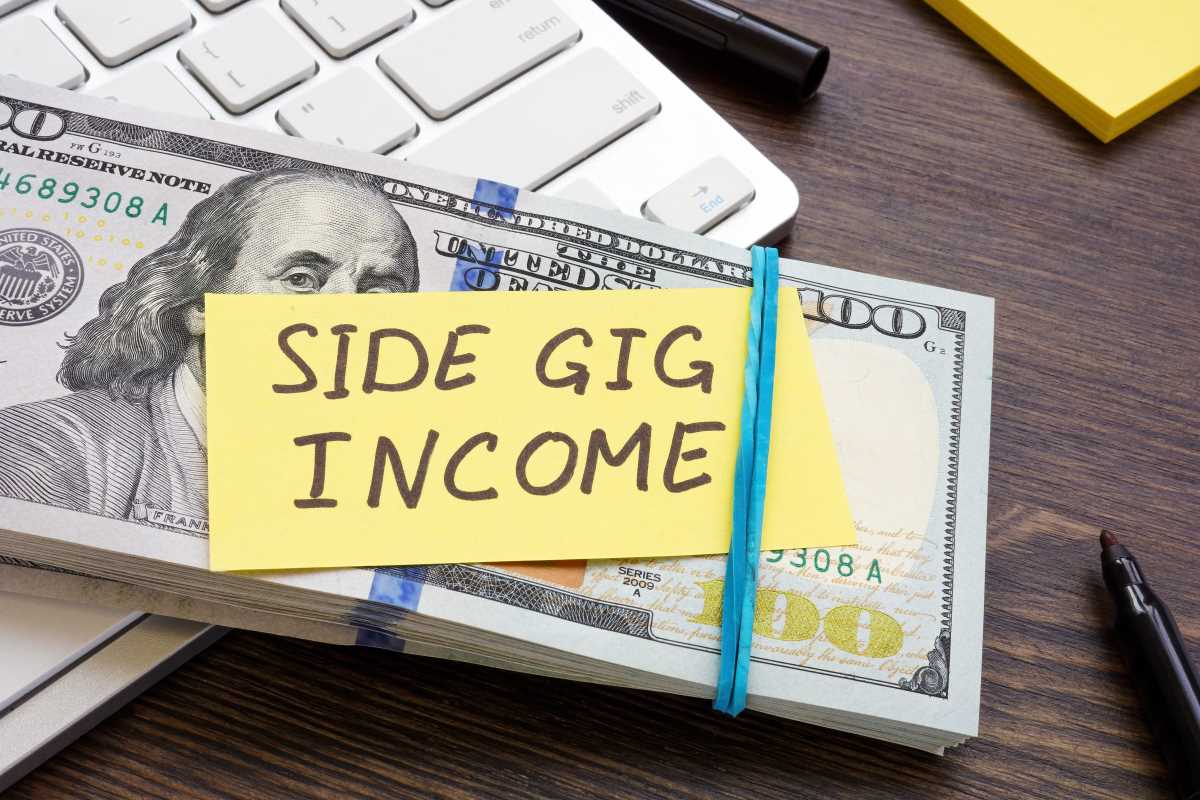When you think about managing your finances, you probably focus on big-ticket items like your rent or car payments. But here's the thing: it's often the little, everyday habits that hurt your budget the most. We're talking about the small purchases you barely notice—until you add them up and realize they’re taking a big bite out of your bank account. As a financial expert, I can tell you that while these habits might seem harmless, they can drain your wallet faster than you think.
Imagine your budget as a leaky faucet. At first, the drops are small, barely noticeable. But over time, those little drips build up, and suddenly you’re left wondering where all your money went. If you want to regain control of your finances, it’s time to recognize and break these expensive habits. Here's a closer look at some sneaky culprits that are wrecking your budget—and how you can kick them to the curb.
1. Daily Coffee Runs
That daily latte or cappuccino from your favorite coffee shop might feel like a little treat, but it’s costing you more than you think. If you grab a coffee for $5 a day, that’s $150 a month—$1,800 a year! It’s an easy habit to justify, especially when the convenience is tempting, but it adds up over time.
Easy Fix: Brew your own coffee at home. You can buy high-quality beans and make a great cup of coffee for a fraction of the cost. Plus, making your own coffee gives you full control over the ingredients and saves you time in the morning.
2. The Takeout Trap
Eating out is convenient, but it’s also expensive. Whether it’s takeout or dining at a restaurant, those meals quickly add up. If you’re grabbing lunch or dinner a few times a week, you might not notice the impact on your finances, but it can easily add up to hundreds of dollars each month.
Easy Fix: Start cooking at home more often. Meal planning can help save you time and money. Not only will you be able to control the portion sizes and ingredients, but you’ll also be able to cook healthier meals. You don’t have to become a gourmet chef—simple, quick recipes can make a huge difference in your budget.
3. Online Impulse Shopping
Online shopping is so easy that it’s almost too tempting. With just one click, you can buy anything you want, and those impulse purchases quickly add up. From clothes to gadgets to small home decor items, it’s easy to justify spending just a little bit here and there. But those small amounts stack up and can wreak havoc on your budget.
Easy Fix: Unsubscribe from marketing emails, unfollow tempting accounts on social media, and implement a 24-hour rule before making any online purchases. If you can’t wait for a day to pass, that’s a sign you might not need it as much as you think.
4. Unused Subscriptions
These days, we subscribe to everything—from streaming services to apps to gym memberships. While many of these subscriptions seem like a good deal at the time, they often end up sitting unused. If you’re not using them regularly, you’re just throwing away money.
Easy Fix: Do a subscription audit. Go through your bank statements and make a list of all the subscriptions you’re paying for. If you haven’t used a service in months, cancel it. Those small charges can add up to a significant amount over the course of a year.
5. The Hidden Costs of Popular Labels
Brand-name products can be expensive, and sometimes, they’re not really worth the extra cost. The truth is, many store-brand or generic products are just as good as their brand-name counterparts—yet they’re often a fraction of the price.
Easy Fix: Start trying out generic brands. Compare prices in-store or online and see if you can get the same quality for a lower price. It’s a small change, but over time, it can result in significant savings.
6. Leaving Money on the Table
Sales and discounts are there for a reason: they’re designed to help you save money! But if you’re not taking advantage of these deals, you’re essentially leaving money on the table. Whether it’s waiting for a seasonal sale, using coupons, or shopping for items on discount sites, not making the most of sales is a missed opportunity.
Easy Fix: Download coupon apps and check for deals before you shop. Shopping at the right time of year or waiting for a holiday sale can also help you save big on the items you need.
7. Leftovers That Never Get Eaten
Buying more food than you need and letting it spoil is one of the easiest ways to waste money. We’ve all thrown away food because it went bad before we had a chance to eat it. This habit adds up, especially if you’re buying food in bulk.
Easy Fix: Plan your meals and make a grocery list before you go shopping. Stick to it to avoid overbuying, and make use of leftovers to avoid waste. Properly storing food and learning how to repurpose leftovers can save you a ton of cash.
8. Not Budgeting
If you don’t have a budget, you’re essentially flying blind. Without knowing exactly where your money is going, it’s easy to overspend or waste money on things you don’t need. A budget helps you track your spending and make smarter financial decisions.
Easy Fix: Set up a budget using a simple spreadsheet or an app. Break down your income and expenses so you can see where your money is going. Once you have a budget in place, you’ll be able to make more informed choices about where to cut back and save.
9. The Cost of the “Little Things”
It’s easy to overlook small expenses like vending machine snacks, convenience store purchases, or parking fees. These tiny purchases often seem insignificant, but when added up, they can be surprisingly expensive.
Easy Fix: Track all of your expenses, even the small ones. Once you see how much you’re spending on these little things, you might realize they’re more of a drain on your budget than you thought. Cutting back on these small expenses can make a big difference in the long run.
10. Ignoring Yourself
While it’s important to save and cut costs, it’s also essential to invest in your personal growth. Whether it’s taking a course to learn a new skill, working on your career, or starting a side hustle, investing in yourself can pay off big in the future.
Easy Fix: Set aside time and money for personal development. Even small investments in yourself can lead to higher earning potential, better opportunities, and improved financial stability.







